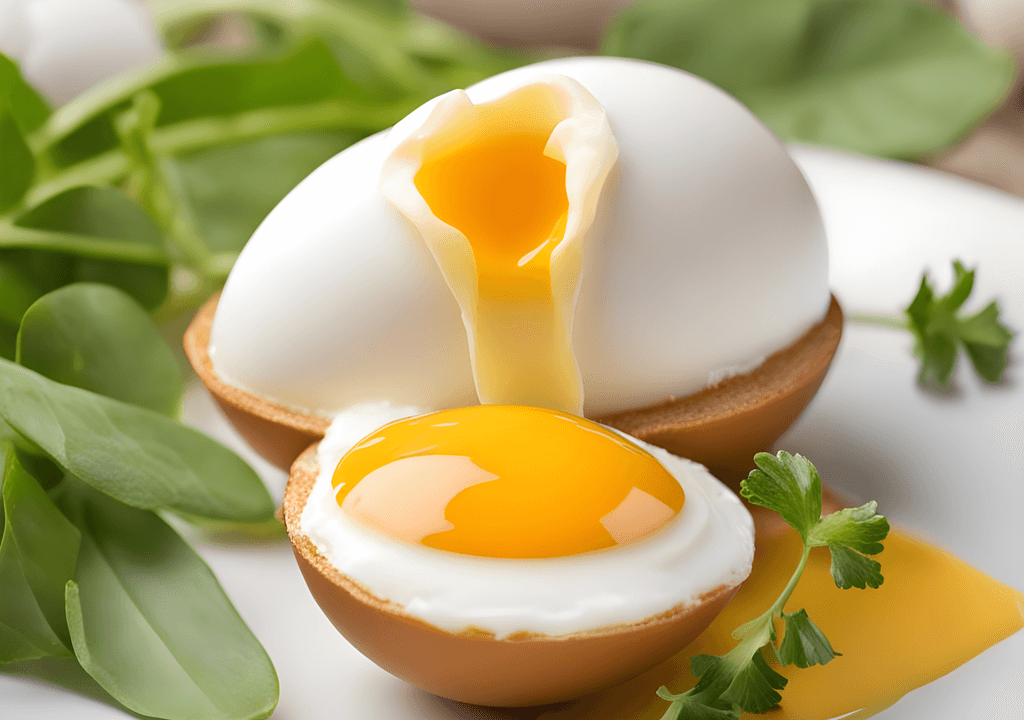Are Eggs Good for Weight Loss?
Eggs are a staple of the American diet. Yet, there has been a lot of controversy about eggs. Are they healthy for you? Should you eat eggs when trying to lose weight? In this article we will answer those questions so you will be informed about the place of eggs in your weight loss lifestyle.
What’s in an Egg?
Albumen
The white of the egg is mostly water and protein. This part of the egg, also known as the albumen, contains B-vitamins. It also contains the anti-nutrient avidin. Avidin is a protein that can bind certain B-vitamins, such as biotin, and prevent their absorption. However, in cooking the egg a large portion of avidin is destroyed so nutrient loss can be mitigated. If you purchase liquid eggs that are pasteurized, the effects of avidin are also lessened.
The Yolk
The majority of the calories are found in the egg yolk. This is because the yolk is mainly fat. Each egg yolk fat is about 46% oleic acid, an omega-9 monounsaturated fat commonly found in olive oil, 38% saturated fat, and 16% polyunsaturated fats (PUFAs).
Believe it or not, how the chickens were raised has an effect of the PUFA’s in the egg. For example if the chickens were fed grains high in omega-6 then the yolk is likely to be high in omega-6 than in the healthier omega-3; whereas a pasture-fed chicken or a chicken fed a special omega-3 diet will have a better balance of omega-3 and omega-6 in the yolk. Omega-3 can help reduce inflammation in the body; whereas omega-6 increases inflammation.
The yolk does not have the same amount of protein as the albumen, but it does have higher concentrations of the essential amino acid leucine.
Cholesterol
Cholesterol is not evil. It provides the raw material for pregnenolone, from which are derived many other hormones: cortisol, DHEA, and testosterone. Cholesterol is a fat-like substance produced by the liver and stored in the gall bladder. It is carried throughout the body by two kinds of carriers made of fat on the inside and protein on the outside: low-density lipoproteins (LDL, often called the “bad cholesterol”) and high-density lipoproteins (HDL, often called the “good cholesterol”).
The danger with cholesterol is that can form small crystal aggregates, found in atherosclerotic plaques. These small crystals can cause an inflammatory response that may promote atherosclerosis.
The good news is that multiple studies have shown that egg consumption was not associated with an increase in risk markers for cardiovascular health, insulin sensitivity, or blood glucose in healthy people or in people suffering from diabetes or hyperlipidemia,
Eggs and Weight Loss
The Achieve Weight Loss lifestyle allows you to enjoy eggs. You may eat eggs at each meal, if that is what you really like to do. Eggs are classified two ways: Lean Protein or Fatty Protein. As explained above, the fat is primarily in the yolk; therefore, whole eggs area a Fatty Protein; egg whites are a Lean Protein. Egg substitutes are generally classified as a Lean Protein.
On the Achieve Weight Loss program we teach you what other food categories you can combine with lean and fatty proteins. Regarding portion size, our general rule is to treat each egg as two ounces of your protein. We teach you a simple portion control rule that will help you also keep your calories in line with what your body needs.
Eggs can be a part of your weight loss lifestyle. If you have high cholesterol, eating the Achieve Weight Loss way will likely reduce your levels and, most likely, get you back into the normal range.
Have a Healthy Day,
Jim



